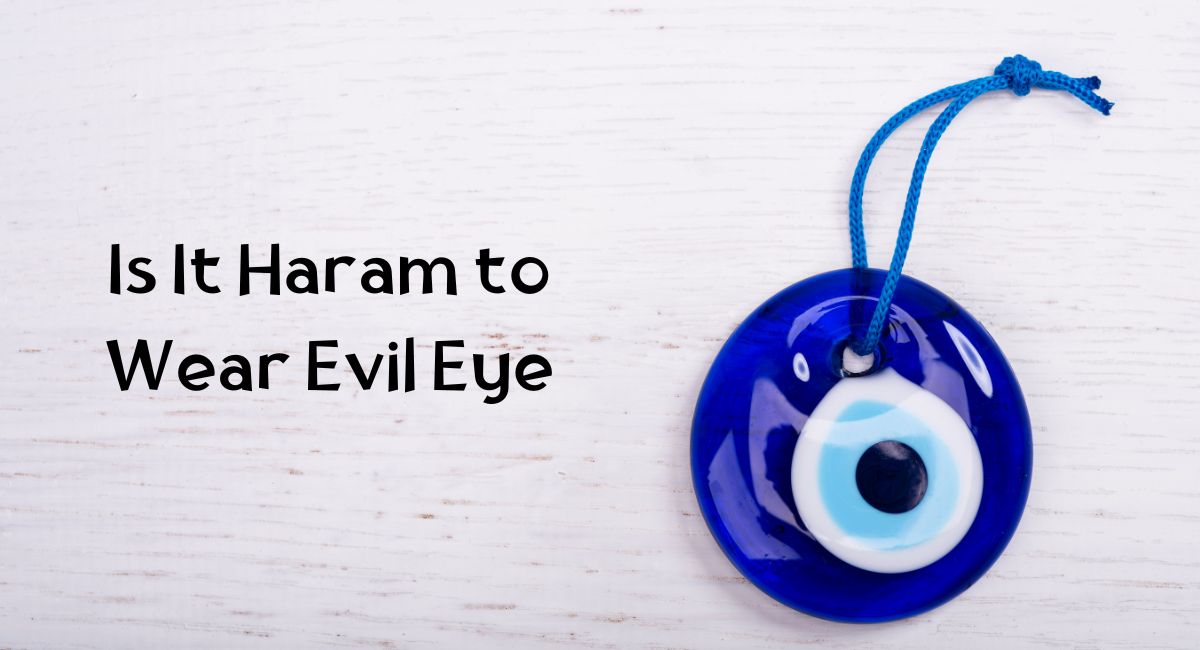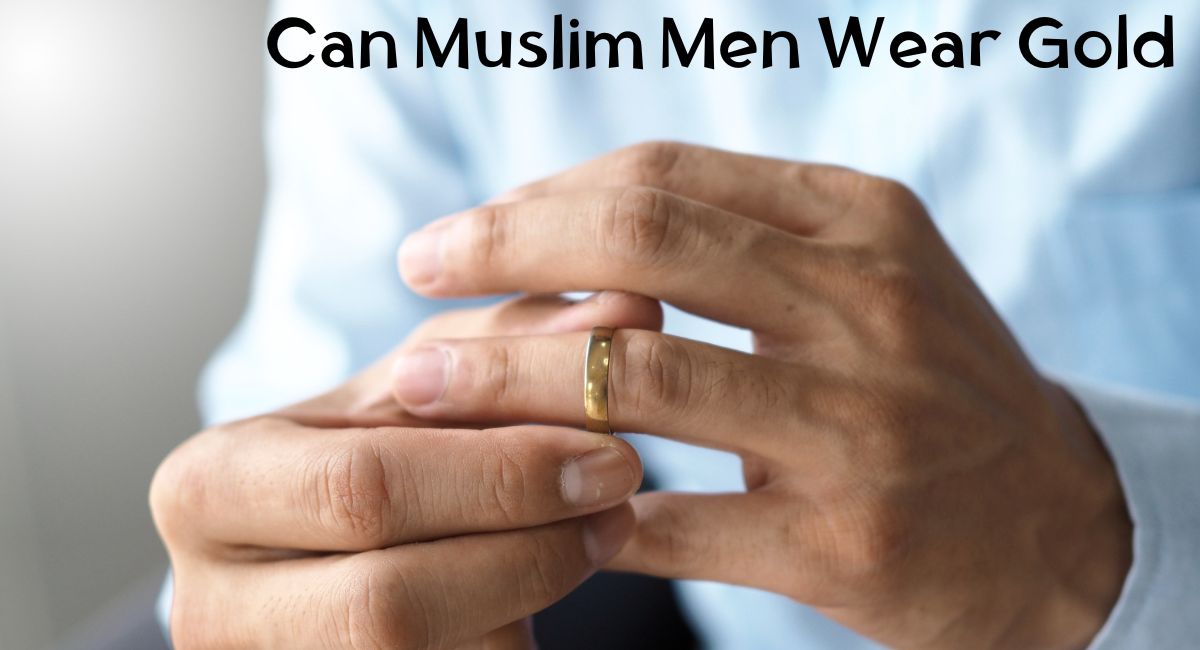Is Wearing a Chain Haram? This is a topic that often sparks debates and discussions, particularly within the context of religious beliefs and cultural norms. In Islamic culture, the topic of whether wearing a chain is considered “haram” or forbidden generates diverse opinions and interpretations.
This article aims to delve into this unresolved issue, exploring the various perspectives and religious rulings surrounding the wearing of chains in Islam. By examining the religious texts, traditions, and cultural influences, we can gain a better understanding of whether wearing a chain is deemed permissible or prohibited.
Is Wearing a Chain Haram
For men, it is generally discouraged to wear necklaces, especially if they imitate feminine styles. It is permissible for men to wear certain types of ornaments like a silver ring, but there are restrictions on the type of ornaments and their weight.
For women, wearing necklaces is permissible as long as it adheres to Islamic principles of modesty. Women should avoid wearing excessive or flashy jewelry that draws attention. The necklaces should not contain any prohibited symbols or designs, such as idols or animate objects, and should not be worn with the intention of showing off or attracting the opposite gender.
Quranic Guidance
A key verse from the Quran that relates to modesty and adornment is Surah An-Nur (24:31), which states:
“And tell the believing women to reduce [some] of their vision and guard their private parts and not expose their adornment except that which [necessarily] appears thereof and to wrap [a portion of] their headcovers over their chests and not expose their adornment except to their husbands, their fathers, their husbands’ fathers, their sons, their husbands’ sons, their brothers, their brothers’ sons, their sisters’ sons, their women, that which their right hands possess, or those male attendants having no physical desire, or children who are not yet aware of the private aspects of women. And let them not stamp their feet to make known what they conceal of their adornment. And turn to Allah in repentance, all of you, O believers, that you might succeed.”.
Surah An-Nur (24:31)
This verse instructs believing women to lower their gaze, guard their modesty, and not display their adornment except what is ordinarily visible. Women are advised to cover their chests with their headcovers and only reveal their adornments to specific close relatives and others mentioned in the verse.
The emphasis is on not drawing attention to hidden ornaments, reflecting an overall principle of modesty in Islam. This guidance has broader implications for how Muslims, especially women, should approach personal adornment, including the wearing of jewelry like necklaces.
According to Ibn Mas’ood, may Allah be pleased with him, the verse “{…and not expose their adornment}” refers to bracelets, anklets, earrings, and necklaces, while “{except that which [necessarily] appears thereof…}” pertains to clothes and outer garments. This interpretation is supported by scholars such as Ibn Al-Munthir, Ibn Abu Haatim, At-Tabaraani, Ibn Mardawayh, and Al-Haakim, who considered it to be sound.
Furthermore, Ibn Mas’ood, may Allah be pleased with him, explained that adornment can be categorized as visible adornment (such as clothes) and hidden adornment (only seen by the husband), including kohl, bracelets, and rings. This view is shared by Ibn Abu Shaybah, Ibn Jareer, and Ibn Al-Munthir.
Al-Khaadimy from the Hanafi school of jurisprudence also noted that the term “{…and not expose their adornment}” refers to jewelry like bracelets and necklaces.
Additionally, Shaykh Ibn ‘Uthaymeen, may Allah have mercy upon him, highlighted that actions like displaying hands with accessories and showing feet, as some women do today, are forbidden and lead to temptation. He referenced the verse “{And let them not stamp their feet to make known what they conceal of their adornment.}” [Quran 24:31] as evidence that women should cover their feet below their anklets.
Hadiths and Sunnah
The Hadiths and Sunnah provide specific guidance regarding the wearing of ornaments, particularly for men. According to Islamic teachings, men are discouraged from wearing feminine clothes and ornaments, including necklaces. This principle is derived from several Hadiths, where the Prophet Muhammad emphasized the importance of maintaining gender distinctions in dress and adornment:
The Hadiths report that the Prophet Muhammad forbade men from wearing feminine clothes and ornaments, categorizing necklaces as feminine ornaments.
For instance, in Sunan Abī Dāwūd 4031, Ibn Umar reported: The Messenger of Allah, peace and blessings be upon him, said, “whoever imitates a people is one of them,” indicating that men wearing feminine adornments like necklaces are imitating women, which is not permissible in Islam.
Another narration by Ibn ‘Abbas states that the the Messenger of Allah cursed the women who imitate men and the men who imitate women. This Hadith underscores the Islamic principle against gender imitation in clothing and adornment, reinforcing the discouragement for men to wear necklaces or any such ornaments that are traditionally feminine.






